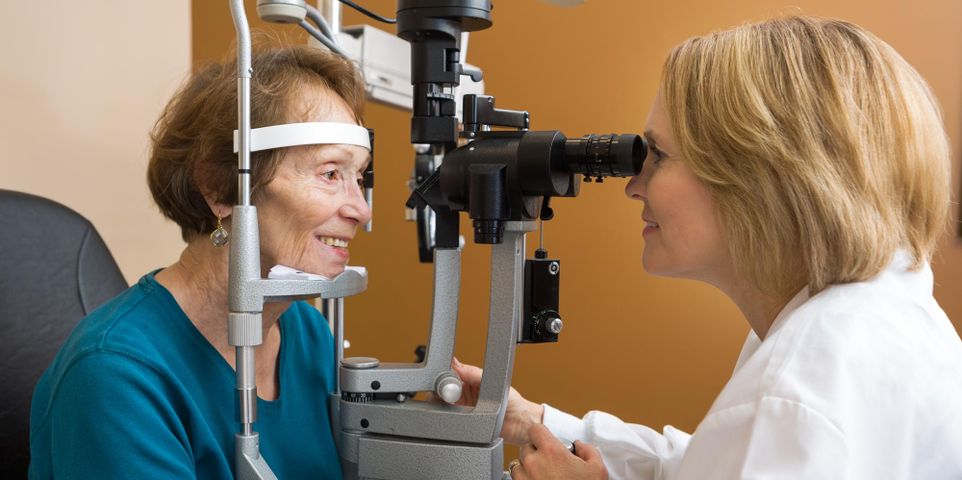
Glaucoma, a disease that damages the optic nerve, affects millions of Americans. It is a leading cause of vision loss, and is a prevalent health concern nationwide, particularly among older adults. Unfortunately, many people don’t realize they have glaucoma until it has progressed substantially. Below, learn what you should know about the disease and how to prevent it.
What Is Glaucoma?
Glaucoma is an umbrella term incorporating conditions characterized by optic nerve damage. Damage usually develops over time as a result of increased pressure inside the eye. The strain occurs when fluid is unable to drain as a result of blockage and accumulates on the front of the eye. A blockage can be a result of a genetic trait, a severe eye infection, trauma, or blocked blood vessels.
What Are the Symptoms?
Symptoms include loss of peripheral vision, patchy blind spots, blurred or tunnel vision, eye pain, headaches, and nausea or vomiting. Some people don’t experience any symptoms until the later stages. At this point, the damage is typically permanent. This is one reason it is essential to get regular screenings.
When Should You Get Screened?
 Early detection is crucial to successful glaucoma treatment and blindness prevention. Eye exams allow the doctor to check for the disease by looking closely at the eye and measuring the pressure. For people under the age of 40, an eye exam once every two to four years should suffice. People between the ages of 40 and 54 should be tested every one to three years. From ages 55 to 64, increase screening frequency to one to two years. After the age of 65, get a screening once or twice a year.
Early detection is crucial to successful glaucoma treatment and blindness prevention. Eye exams allow the doctor to check for the disease by looking closely at the eye and measuring the pressure. For people under the age of 40, an eye exam once every two to four years should suffice. People between the ages of 40 and 54 should be tested every one to three years. From ages 55 to 64, increase screening frequency to one to two years. After the age of 65, get a screening once or twice a year.
What Are the Treatment & Prevention Plans?
Treatment will depend upon your situation and the severity of the condition. An eye doctor may prescribe medicated eye drops or other medicines. For more advanced cases, an optometrist may recommend laser therapy or surgery. Although existing damage can’t be reversed, by relieving intraocular pressure, the eye doctor can slow the disease progression.
People with diabetes, hypertension, sickle cell anemia, or heart disease are also at an increased risk of developing glaucoma. Having thin corneas and taking corticosteroid medications for an extended period may increase your risk as well. Genetics can play a factor, too. In addition to knowing your family history, and leading a healthy lifestyle, talk to your eye doctor to determine if you need more frequent screenings.
If you’re a Houston County resident interested in getting a glaucoma screening, turn to the compassionate team at Dr. Ron Sealock. This optometry center, located in Dothan, AL, provides a range of eye care services, including glaucoma tests, macular screenings, and general vision tests. They also carry a variety of affordable, quality eyewear. Call (334) 793-9607 to schedule an appointment, or visit the website to learn more information about how they can help you.
About the Business
Have a question? Ask the experts!
Send your question

